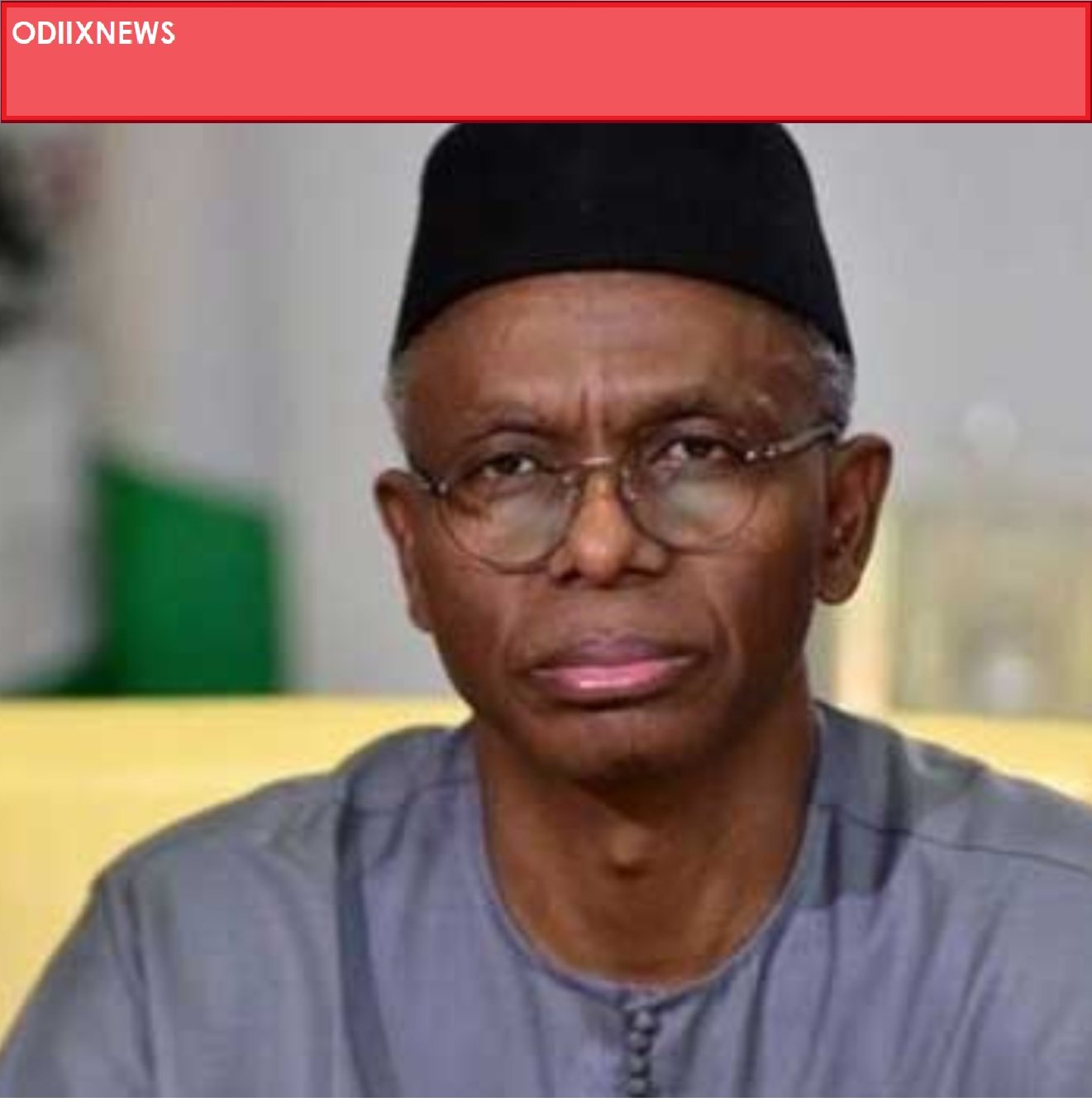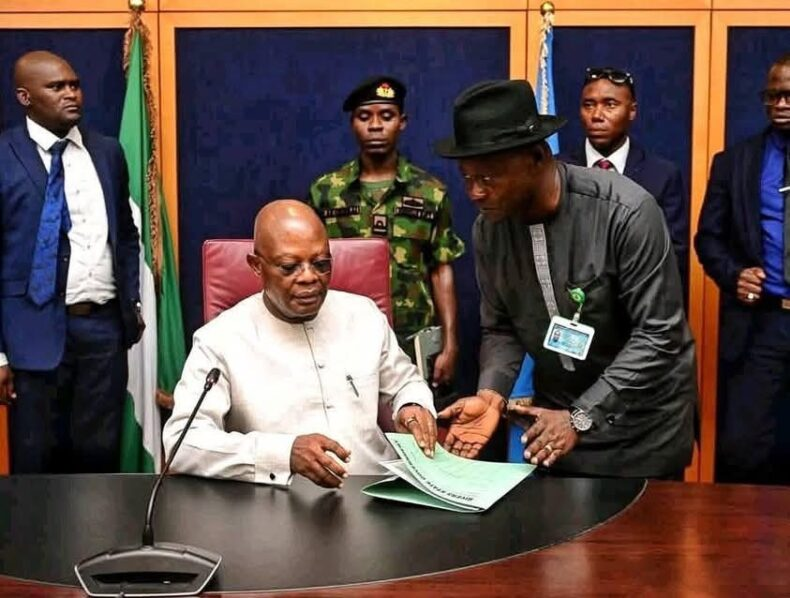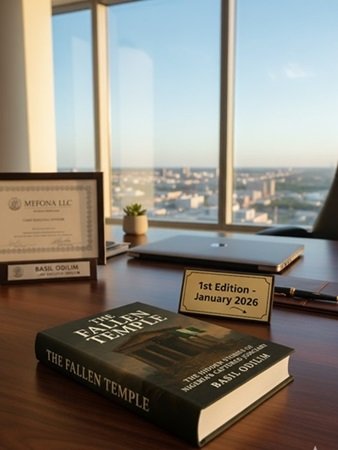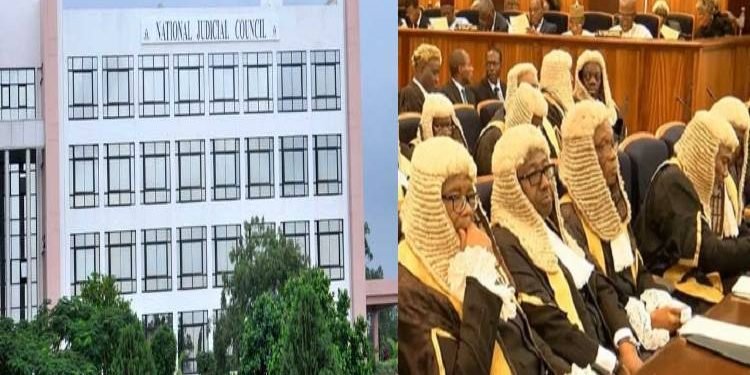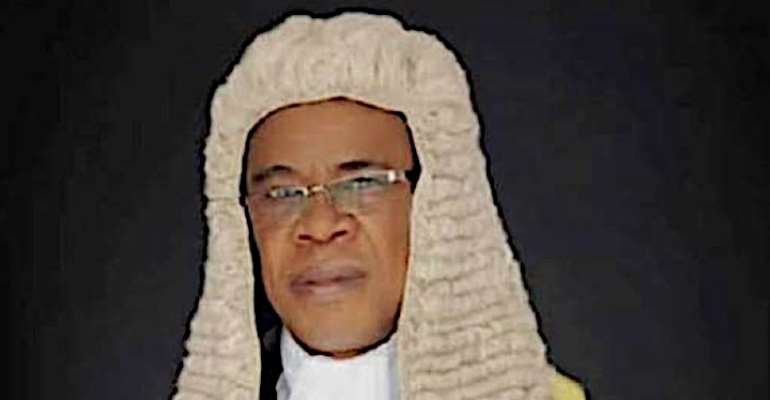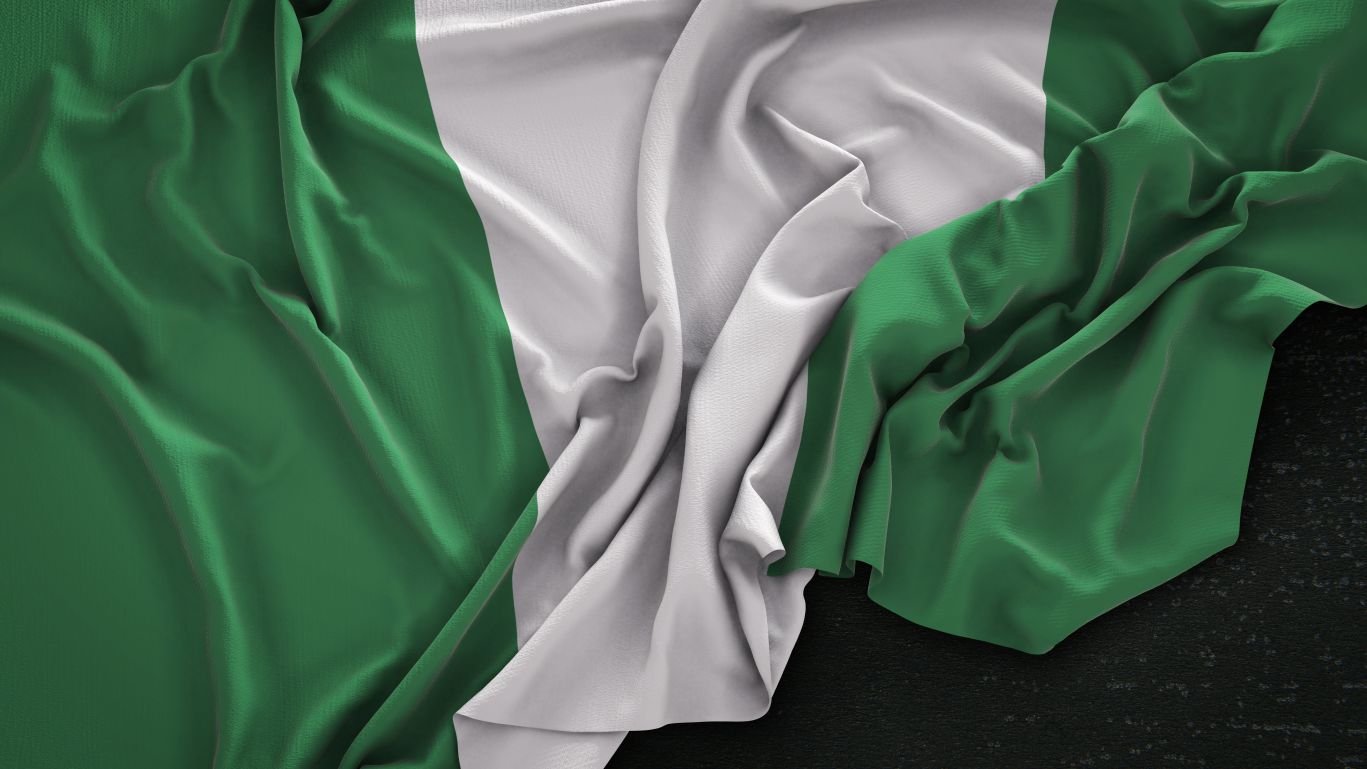Shielding the Powerful: The Injustice of Justice Ekwo’s Rulings

- PublishedOctober 29, 2024
In a recent case that has stirred public outrage and concern, Justice Ekwo’s handling of the Public Officers Protection Act (POPA) of 2004 raises serious questions about the integrity of our judicial system. This case involves Basil Odilim Enwegbara, a man who sought justice against powerful respondents, including the President of Nigeria, the Attorney General of the Federation, and the Central Bank of Nigeria (CBN), along with its Governor. For Enwegbara, this was not just a legal battle; it was a desperate fight for accountability in a system that too often shields the elite.
At the heart of this controversy is Justice Ekwo’s troubling misapplication of POPA, which is designed to protect natural persons holding public office from lawsuits filed after a specific timeframe. However, in a shocking twist, Justice Ekwo used this law to shield the CBN, its Governor, and the Attorney General from facing legitimate claims. This misinterpretation not only dismissed Enwegbara’s case on a procedural technicality but also denied him the chance for a fair examination of his claims. One must ask: Why would a court prioritize procedural barriers over the pursuit of justice?
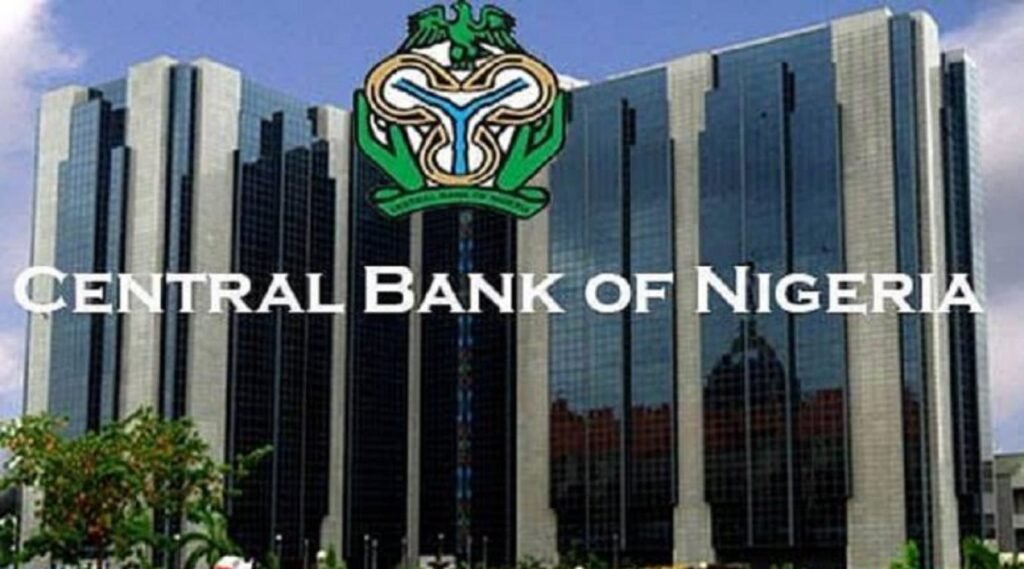
The Public Officers Protection Act was never intended to serve as a shield for institutions like the CBN. Under Nigerian law, institutions do not qualify as “public officers” under POPA. This fundamental principle was established in landmark rulings, such as Ibrahim v. JSC (1998), where the Supreme Court made it clear that public institutions are not “public officers” under the Act. In CBN v. Interstella Communications Ltd. (2017), the Supreme Court reaffirmed that POPA protections do not extend to statutory corporations. Yet, in an extraordinary and disheartening move, Justice Ekwo treated the CBN and the offices of its Governor and the Attorney General as “public officers,” effectively dismissing a legitimate claim that could have exposed wrongdoing.
Justice Ekwo’s ruling represents a chilling inconsistency that undermines the very foundation of our legal system. While acknowledging that the CBN should not be considered a “public officer” under POPA, he nonetheless applied the Act’s protections, leading to a bewildering outcome. This contradictory reasoning not only blurs the line between individual accountability and institutional impunity but also sets a dangerous precedent that could thwart future claimants seeking justice.
More than just a legal misstep, Justice Ekwo’s ruling reflects a deeper, systemic failure. Procedural laws exist to protect individuals, not to serve as barriers for those seeking accountability from powerful institutions. By allowing the CBN and its officials to evade responsibility through a technicality, Justice Ekwo has perpetuated a cycle of injustice that denies citizens their fundamental right to seek redress. In a society where procedural errors too often outweigh substantive justice, this ruling stands as a stark reminder of the challenges faced by ordinary Nigerians.
As citizens, we must grapple with the implications of such a ruling. It erodes trust in our judiciary and casts a long shadow over the principles of fairness and accountability. Public confidence in the legal system hinges on the assurance that justice will be served—not through the exploitation of loopholes but based on a principled interpretation of the law. Justice Ekwo’s misinterpretation of POPA is not just an isolated incident; it reflects a broader trend that threatens the very fabric of our democracy.
Justice Ekwo’s record on the bench has further fueled public concern, especially in light of his previous sanctioning by the National Judicial Council (NJC) for corruption. The NJC’s findings resulted in a multi-year ban on his promotion, a stark indication of the gravity of his actions. Such disciplinary measures were intended to restore faith in our judiciary, yet his recent rulings suggest that the intended corrective measures have not taken root. The fact that he continues to sit in judgment over serious matters raises alarm bells among legal experts and the general public alike.
The NJC must revisit Justice Ekwo’s case and consider further punitive actions, including additional restrictions on promotion or even removal from office. In its previous ruling, the NJC stated, “The conduct of Justice Ekwo is a disservice to the judiciary and undermines public confidence in our legal system.” This statement must resonate loud and clear: our judiciary cannot afford to tolerate inconsistencies and misapplications of the law that favor the powerful over the vulnerable.
Judges like Justice Ekwo, who misinterpret the law to the detriment of justice and public trust, should not be allowed to continue operating as justices. Their actions not only tarnish the image of our judiciary but also harm the very essence of our democracy. The time has come for the NJC and other governing bodies to take decisive action. We must demand a judiciary that embodies integrity and fairness, ensuring that justice is not a privilege for the few but a right for all.
Public trust in the judiciary is vital for our democracy to thrive. Judges hold immense power and are entrusted with the responsibility to uphold justice with integrity. When they falter, as Justice Ekwo has done, it is imperative that we demand accountability. The NJC’s intervention is crucial to ensure that our judiciary remains a bastion of fairness and that no individual or institution is above the law.

Justice Ekwo’s misapplication of POPA serves as a clarion call for judicial reform and accountability. The ongoing struggle for justice in Nigeria cannot be overshadowed by procedural misinterpretations that shield the powerful. It is essential that we rally for a judiciary that prioritizes fairness and integrity, ensuring that every Nigerian can pursue justice without fear of obstruction or bias.
This is a pivotal moment for our legal system—a chance to reaffirm our commitment to justice for all. We must stand united in demanding that the NJC take decisive action to address the issues surrounding Justice Ekwo’s rulings, safeguarding the rights of individuals and restoring faith in our judiciary. The pursuit of justice is not just a legal obligation; it is a moral imperative that we must uphold for the sake of our democracy and future generations.

